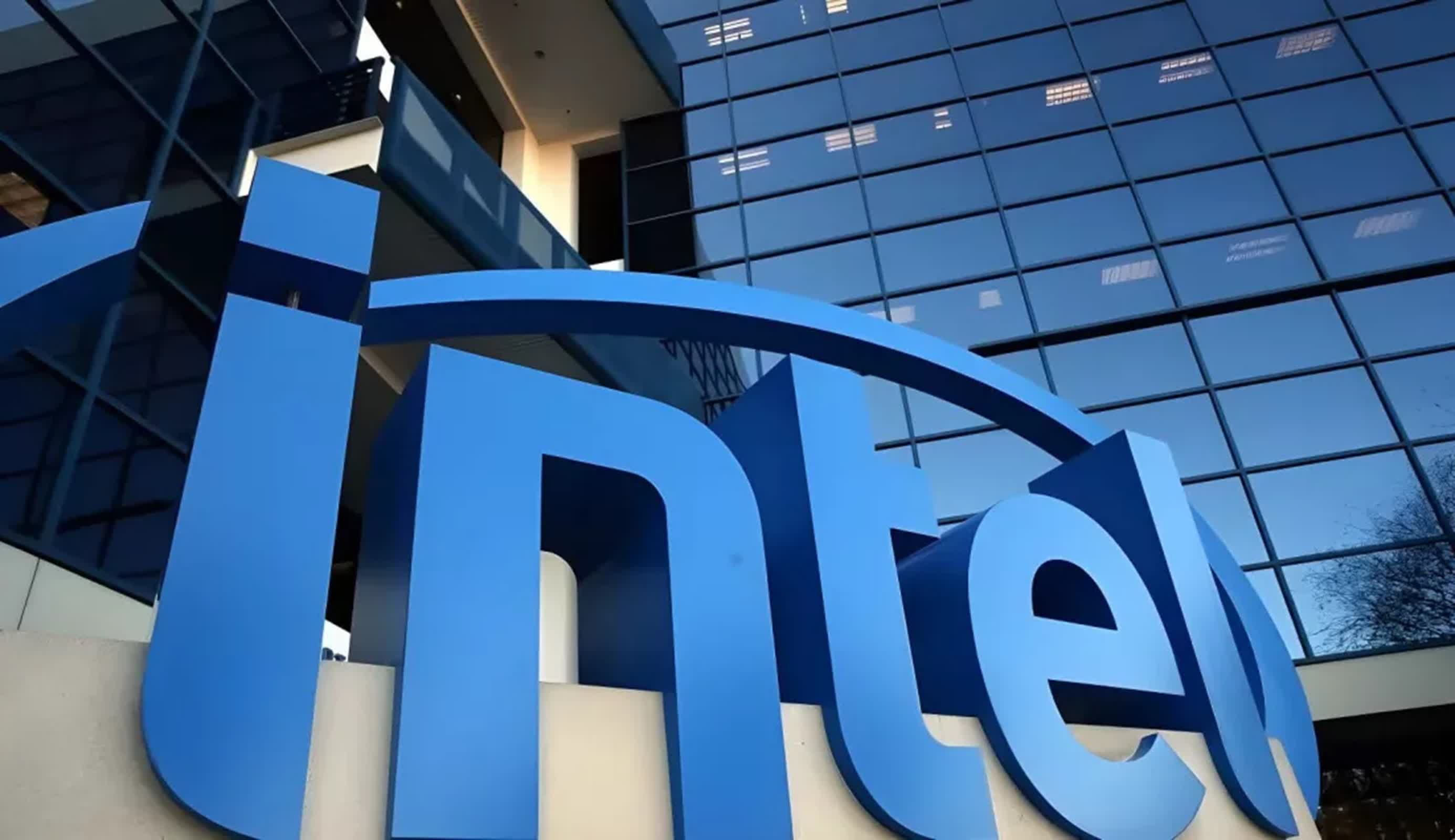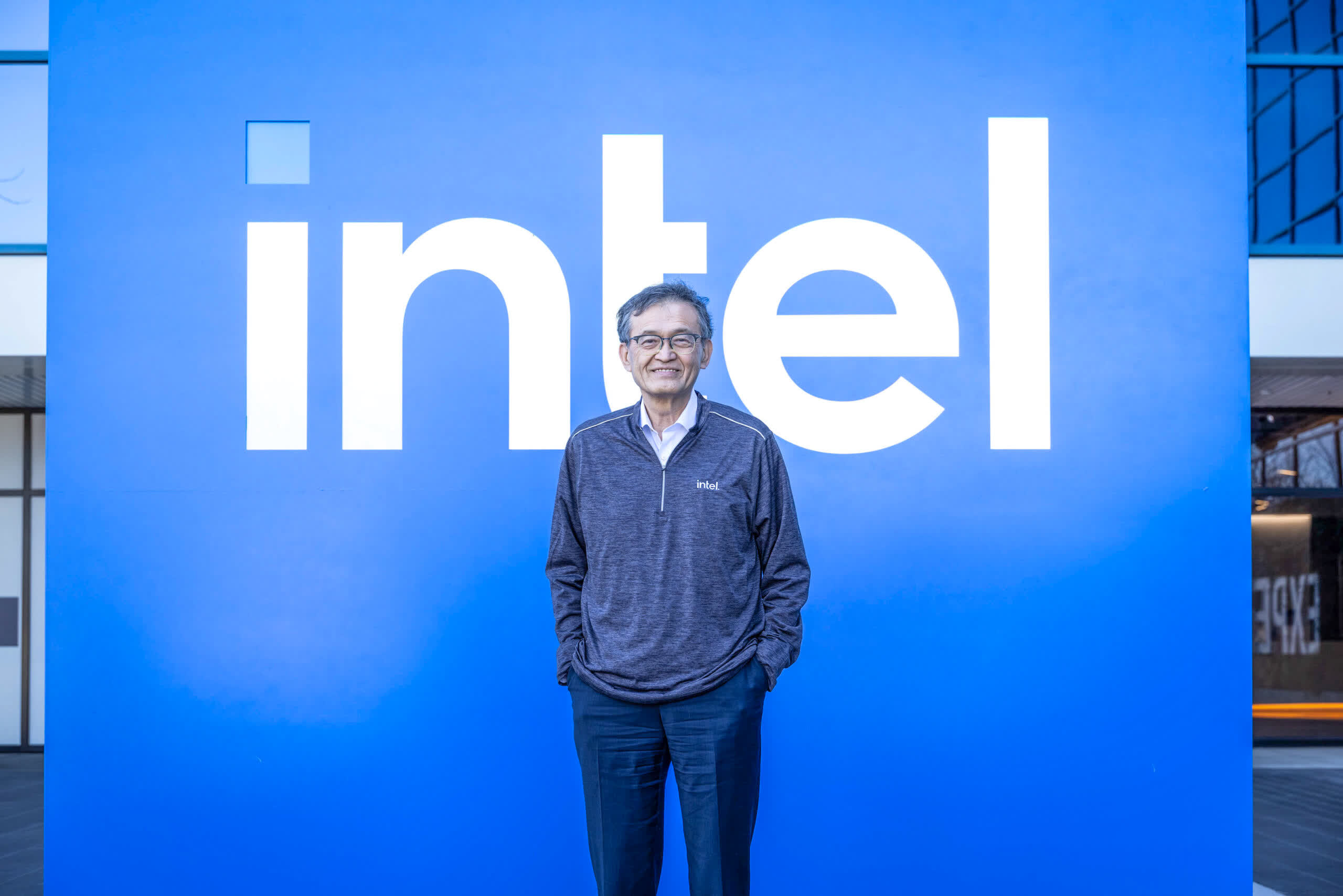Big quote: Intel, once the undisputed titan of the semiconductor world, is confronting a sobering new reality under the leadership of its recently appointed chief executive, Lip-Bu Tan. In a candid address to employees this week, Tan acknowledged that the company has slipped far from its former position at the top of the global chip industry.
Tan, who took the helm in March following the departure of Pat Gelsinger, did not mince words about the company's diminished standing. Speaking to staff in a company-wide broadcast that was leaked to The Oregonian, he reflected on Intel's past dominance but stated plainly that those days are over.
"Twenty, 30 years ago, we are really the leader," Tan told employees. "Now I think the world has changed. We are not in the top 10 semiconductor companies." Tan has addressed employees and investors only a few times since his appointment and hasn't spoken to the media at all, so his comments offered a rare glimpse into his unvarnished view of Intel's place in a rapidly evolving industry.
Tan made the remarks amid a major restructuring effort at the company, with thousands of employees worldwide facing layoffs. Intel's market value has plummeted to just over $100 billion, less than half of its value at the end of 2023. This sharp decline stands in stark contrast to the meteoric rise of competitors like Nvidia, whose market capitalization recently soared past $4 trillion.

Tan attributed Intel's struggles to both internal shortcomings and the company's inability to keep pace with rivals in key technological arenas, particularly artificial intelligence. He acknowledged that customers have been dissatisfied with Intel's performance and conceded that the company is too far behind to catch up with Nvidia in developing advanced AI training technology. "On training, I think it's too late for us," the CEO said, adding that Nvidia's dominance in the sector is "too strong" to overcome.
Despite the grim assessment, Tan insisted that Intel's turnaround is possible, though he cautioned it would be a "marathon" rather than a sprint. The layoffs, he explained, are part of a broader effort to make Intel more agile and responsive, similar to its competitors, such as Nvidia, Broadcom, and AMD. Tan called on employees to embrace humility and to focus on listening to customers and adapting to their needs.
While Intel has struggled to gain traction in the booming market for AI accelerators, Tan remains optimistic about the company's prospects in emerging areas such as AI-powered personal computers, where Intel's chips remain competitive. Still, industry analysts warn that the loss of key engineering and leadership talent could hamper Intel's ability to innovate and regain its footing in an increasingly competitive landscape.
